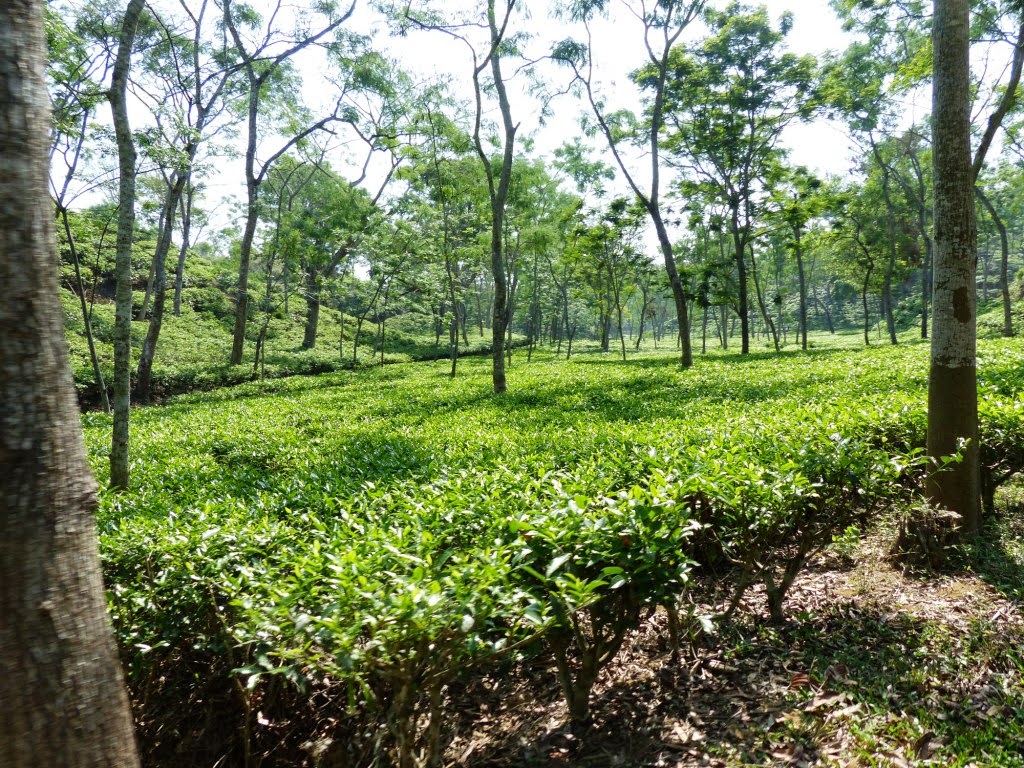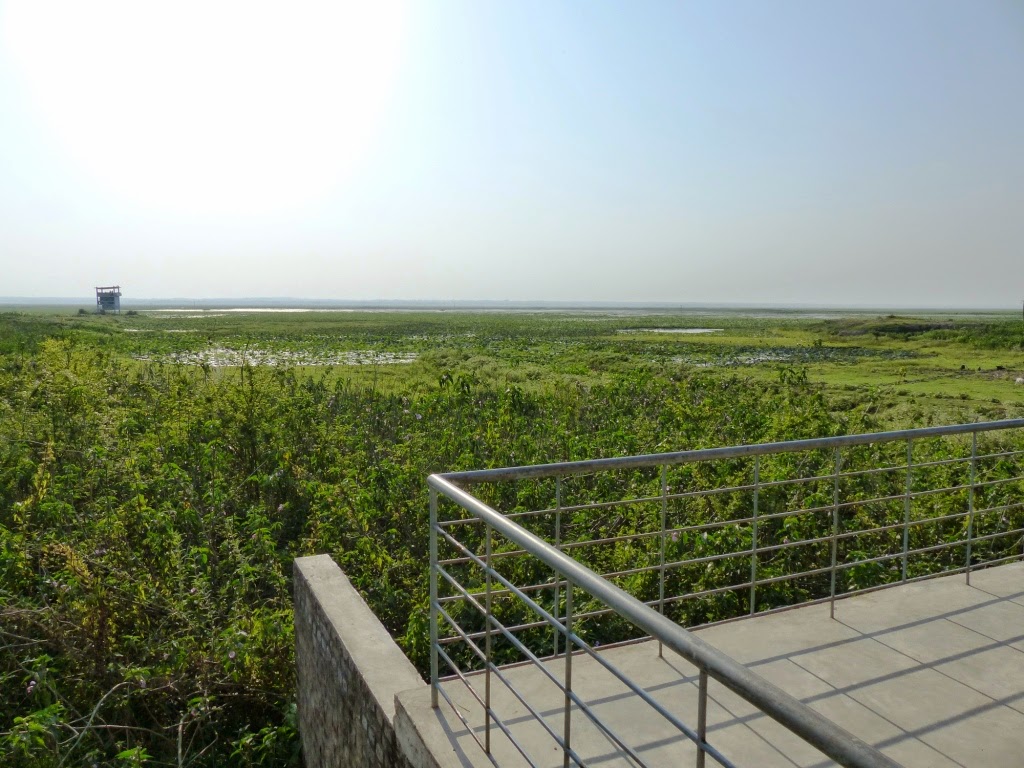On our last day we went for a walk through some (Christian) tribal villages in the area - where betel (nut) trees are cultivated, pork is eaten, and toddy drunk
 |
| pig acting as a goat bed |
It was kind of odd. A village which had received a lot of external help, and where the majority of people are out at work feels quite strange.
More tea gardens, this time in a CNG
To get to a very popular tourist spot lake
 |
| honeycombs |
 |
| delicious pineapple expertly peeled using a foot-knife |
 |
| milkman |
 |
| 'our' local restaurant - recommended |
 |
| Pineapple hills |
A rest and wash and back to Sri Mongal for lunch (we also visited what our guide called
a meany jew (mini zoo) which was heartbreaking - the less said the better.
 |
| This man demanded this photo |
Transport
 |
| rickshaw art |
 |
| Just waiting for my train |
 |
| Inventive way of carrying bottles |
We had a great visit to Srimongal, if hot and tiring. We particularly liked using rickshaws and CNGs instead of being in a car all the time, which allowed the smells to wash over us, and as we were not stationary in traffic the heat was not an issue. The trains were also a great way to travel.
The green lushness of the tea gardens seemed to be a balm against the heat, and against Dhaka life. We could see that the tea pickers had a tough job, and had expressed our admiration for that.
Later in Dhaka at a presentation by SEHD http://www.sehd.org/ - I found out some very startling information - Bangladeshi tea workers are paid 60 taka per day. Not per hour, per day (about 65 eurocents or fifty pence), 6 days per week. You can't call it bonded labour, as they are free to go, but they are landless and illiterate and from originally from 30+ Indian tribal groups, there is nowhere else for them, so they remain bound to their lives in the tea gardens.
http://www.sehd.org/news/sehd-news/81-the-eu-ambassador-visited-tea-communities-in-their-labour-line-in-srimongol


































































